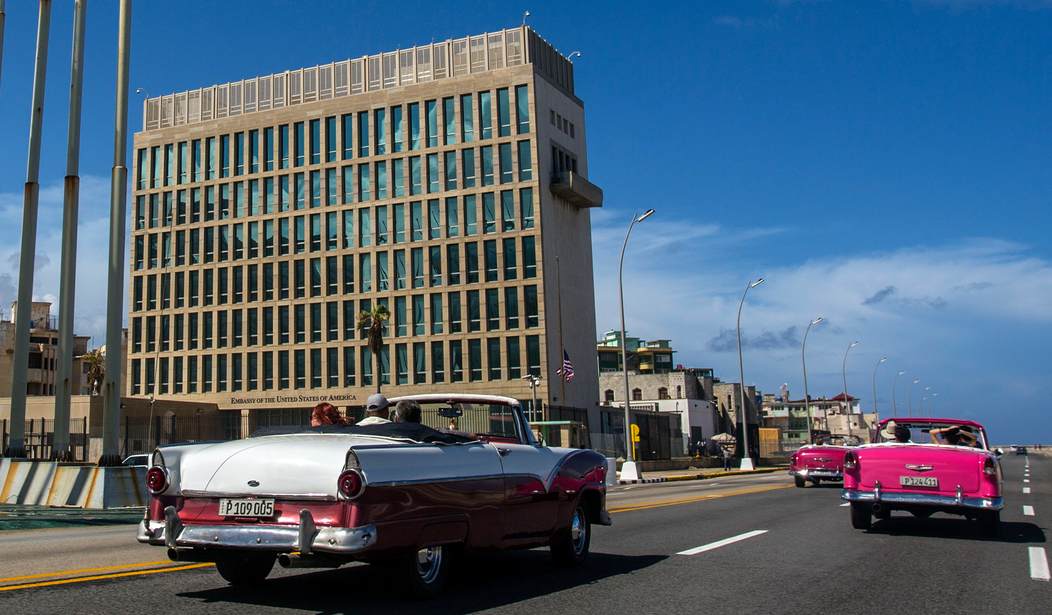Havana Syndrome was first observed in U.S. diplomats in Havana, Cuba in 2016. Since then, few answers have been found, and the thousand or so U.S. personnel and their families who claim to be affected by the phenomenon are unsatisfied with the government’s efforts to uncover the mystery.
A CIA report released in March couldn’t find much of anything wrong with the people who claim to have been afflicted. The report concluded it was “very unlikely” a foreign adversary was responsible and most of the cases were found to be attributable to stress, environmental causes, or preexisting medical conditions.
The problem is that many of the brains examined by those complaining of Havana Syndrome symptoms appear to have suffered damage. The muddle is made worse by a lack of trust in anything put out by the government on this issue.
The government convened a panel of experts in 2020 who originally surmised that the diplomats were attacked by some kind of microwave weapon — a theory that has since come under fire. The lack of evidence across the board for some kind of physical phenomenon or weapon has led a growing number of scientists to seriously look at the possibility that Havana Syndrome is a psychogenic illness.
“It is just a totally incredible explanation for what happened to these diplomats,” claims University of Pennsylvania bioengineer Kenneth Foster. “It’s just not possible. The idea that someone could beam huge amounts of microwave energy at people and not have it be obvious defies credibility.”
It would be grossly inaccurate to claim it’s all in the heads of victims. Havana Syndrome is real with real symptoms. But the power of suggestion is such that it’s entirely possible that psychogenic factors play an as-yet-unknown role in making people ill.
As Dr. Robert Bartholomew, an expert in psychogenic illnesses, theorizes, “By counseling future Embassy staff over the perceived threat, an expectation of illness was created, and with it, a frame through which future sounds and symptoms were to be interpreted. This is a classic set-up for an outbreak of mass psychogenic illness.”
It shouldn’t surprise us that the Biden administration totally blew the investigation. They rejected information that didn’t jibe with their preconceived notions of what Havana Syndrome is. They actively stifled opposing viewpoints. The result is that whatever chance we had of figuring out what happened to our diplomats and their families has been lost.
The Pentagon’s budget contains $36 million to continue studying Havana Syndrome.
The Defense Department is also requesting an additional $15 million for research that will “further examine why AHIs occur, who is at-risk, and what the short- and long-term health effects are.” Earlier this month, Politico reported that the Pentagon’s research laboratories are testing weapons in an attempt to ascertain what might be causing the symptoms.
The budget now goes to Congress for approval, which is likely to be granted. In 2021, legislation authorizing payments to people affected by Havana syndrome passed with unusual partisan comity; bills passed unanimously in both the House and Senate before being signed into law by President Joe Biden. The legislation, called the Helping American Victims Afflicted by Neurological Attacks Act, provided $30 million for victims.
Even if the illness is psychogenic, our diplomats and their families didn’t ask to be affected. They should receive compensation just as any other diplomat injured in the line of duty should get.










Join the conversation as a VIP Member